Introduction
The Automatic H Type Layer Cage is a highly efficient and modern poultry housing system designed for large-scale egg production farms. Known for its space-saving vertical structure, automated operation, and optimized environmental control, the H Type Layer Cage has become the preferred choice for commercial layer farmers around the world.
Unlike traditional A-type layer cages, the H-type system adopts a multi-tier stacked design that allows maximum utilization of available space while maintaining excellent ventilation, hygiene, and bird welfare. It integrates automatic feeding, drinking, egg collection, and manure removal, minimizing labor input and ensuring consistent egg quality and high productivity.
This system is engineered to meet the needs of both medium-sized and industrial-scale egg farms. With a robust hot-dip galvanized steel frame and precision-engineered components, it guarantees long service life, easy maintenance, and efficient management. The H Type Layer Cage represents the future of automated and intelligent poultry production.
Technical Parameters
Cage Type | H-Type Layer Cage System |
Tiers | 3–8 tiers (customizable) |
Material | Hot-dip galvanized or PVC-coated steel wire |
Cage Dimension | 1200mm × 625mm × 450mm (per section, customizable) |
Birds per Cage | 96–160 layers (depending on tier and cage size) |
Feeding System | Automatic feed trough with motor-driven feed line |
Drinking System | Automatic nipple drinkers with water pressure regulator |
Egg Collection System | Automatic egg belt and conveyor line |
Manure Removal | Belt-type automatic manure cleaning system |
Ventilation | Tunnel ventilation with exhaust fans and air inlets |
Lighting System | LED lighting with automatic time control |
Power Supply | 220V/380V, 50/60Hz |
Lifespan | 15–20 years under proper maintenance |
Main Features
1. Space-Efficient H-Type Structure
The H-type design stacks multiple layers vertically, maximizing the use of available space in poultry houses. It’s ideal for high-density layer farms, especially where land is limited. The design also allows easy access to each tier for management and monitoring.
2. Fully Automatic Operation
The entire system is integrated with automation equipment, including:
Automatic feeding system for uniform feed distribution.
Automatic egg collection system that transports eggs gently to the packing area.
Automatic manure removal belt to maintain hygiene and reduce ammonia emissions.
Automatic drinking system ensuring consistent water supply.
This automation reduces labor costs by up to 70%, increases efficiency, and enhances biosecurity.
3. High-Quality Construction
All components are made of hot-dip galvanized steel with excellent corrosion resistance. The cage wires are smooth to prevent feather damage and injuries. Each section is precisely welded for stability and long-term durability.
4. Superior Ventilation and Environment Control
The open design and integrated tunnel ventilation system guarantee optimal air circulation. The H Type Layer Cage works efficiently with climate control equipment such as fans, evaporative cooling pads, and heaters to create a stable microclimate, improving bird health and productivity.
5. Improved Egg Production and Quality
The consistent environment, clean surroundings, and low-stress conditions contribute to higher laying rates and better egg shell quality. Eggs are gently transported through belts, minimizing breakage.
6. Easy Management and Monitoring
The system can be equipped with a centralized control panel or smart management software to monitor feed, water, temperature, humidity, and lighting. Farmers can adjust conditions in real-time, ensuring optimal flock performance.
7. Environmentally Friendly Design
The manure removal system reduces odor and bacterial growth, improving air quality inside the poultry house. Manure can be collected and processed for organic fertilizer, supporting sustainable farming practices.
Advantages
1. Maximized Productivity
The H-type system allows up to 40% more birds per square meter compared to traditional systems, making it perfect for high-capacity layer operations.
2. Labor and Cost Savings
With automation, daily manual work is minimized. Feeding, egg collection, and cleaning are automatically managed, reducing labor dependency and operational costs.
3. Better Hygiene and Disease Control
Automatic manure belts remove waste regularly, preventing the spread of pathogens and reducing respiratory issues caused by ammonia buildup.
4. Consistent Egg Quality
Gentle handling and a clean environment ensure that eggs remain clean and undamaged, increasing the number of sellable eggs and overall profitability.
5. Longevity and Durability
Hot-dip galvanized steel ensures a lifespan of up to 20 years, even in humid environments. The structure resists corrosion, bending, and deformation.
6. Scalable and Customizable
Available in multiple tiers (3–8), the system can be customized based on your house size, bird capacity, and automation level.
7. Environmental Sustainability
By reducing waste, recycling manure, and improving feed conversion efficiency, the system promotes eco-friendly poultry production.
Application Scenarios
1. Large-Scale Commercial Layer Farms
Ideal for industrial egg farms with 50,000–1,000,000+ layers. The H-type system provides the automation and density required for such operations.
2. Medium-Sized Poultry Operations
Farms transitioning from semi-automatic to fully automated systems can adopt a 3–4 tier H-type setup to increase efficiency.
3. Climate-Controlled Poultry Houses
The H-type cage system integrates seamlessly with closed or semi-closed environments, using automatic ventilation and temperature control.
4. Contract Layer Farms and Integrators
Suitable for integrators managing multiple contract farms, as automation ensures standardized performance and consistent egg supply.
5. Environmentally Conscious Poultry Projects
For farms prioritizing waste reduction and sustainability, the H-type cage’s automatic manure management and reduced emissions make it a perfect fit.
Usage Instructions
1. Installation
Prepare a leveled, well-ventilated poultry house with a solid concrete floor.
Assemble the cage structure tier by tier according to manufacturer instructions.
Connect feeding, drinking, and manure systems securely to power and water lines.
Test each automatic function (feeding, egg collection, manure removal) before introducing birds.
2. Daily Operation
Ensure feed hoppers are filled regularly with layer feed.
Monitor water supply and adjust pressure regulators to maintain steady flow.
Observe flock behavior and adjust lighting and temperature if necessary.
Collect eggs daily or use the automatic collection conveyor to transfer eggs to packing.
3. Maintenance
Clean water lines weekly to prevent algae or bacterial buildup.
Inspect belts, motors, and gearboxes monthly for wear and tear.
Lubricate moving parts as specified by the manufacturer.
Perform deep cleaning after each production cycle before introducing new flocks.
4. Safety and Management Tips
Keep electrical systems dry and covered.
Provide regular biosecurity checks to prevent disease entry.
Avoid overloading cages beyond the recommended bird capacity.
Use backup power systems in case of electrical failure.
Frequently Asked Questions (FAQ)
Q1: What is the main difference between A-type and H-type layer cages?
A1: The H-type cage is vertically stacked with more tiers and full automation, offering higher stocking density and better waste management. The A-type is simpler and more suitable for small or medium farms.
Q2: How many birds can one H-type unit hold?
A2: Depending on the configuration, one full H-type system can hold between 10,000 to 120,000 birds, depending on house size and tier number.
Q3: What materials are used for the cage?
A3: All structural and cage parts are made from hot-dip galvanized steel, providing superior corrosion resistance and long life.
Q4: Is the system compatible with different layer breeds?
A4: Yes, it suits all commercial layer breeds such as Hy-Line, Lohmann, ISA Brown, and others.
Q5: Can I customize the cage size or tier levels?
A5: Absolutely. Cage dimensions, tiers, and automation systems can be customized based on your project requirements and budget.
Q6: What kind of maintenance is required?
A6: Routine checks on belts, motors, and water lines are essential. Regular cleaning ensures smooth operation and longevity.
Q7: Does it require skilled workers to operate?
A7: Not necessarily. The system is user-friendly and comes with a control panel. After basic training, workers can manage it easily.
Q8: What is the typical lifespan of an H-type layer cage?
A8: With proper care, the system can last 15–20 years or longer.
Q9: Is the system environmentally friendly?
A9: Yes, it minimizes waste, reduces odor, and converts manure into valuable organic fertilizer, supporting sustainable poultry farming.
Q10: Can this system be installed in hot or cold climates?
A10: Yes. When combined with appropriate ventilation and insulation equipment, the system performs well under various climatic conditions.
Conclusion
The Automatic H Type Layer Cage system represents the pinnacle of modern egg production technology — combining automation, efficiency, durability, and sustainability. By optimizing bird welfare, enhancing egg quality, and minimizing labor costs, it delivers exceptional economic returns for poultry farmers.
Whether you are expanding your commercial layer operation or upgrading to a fully automated poultry house, the H-type layer cage system provides the ideal balance of productivity, reliability, and cost-effectiveness.
With proper management and maintenance, this system will serve as a cornerstone for long-term, profitable, and sustainable egg production.
Company Profile
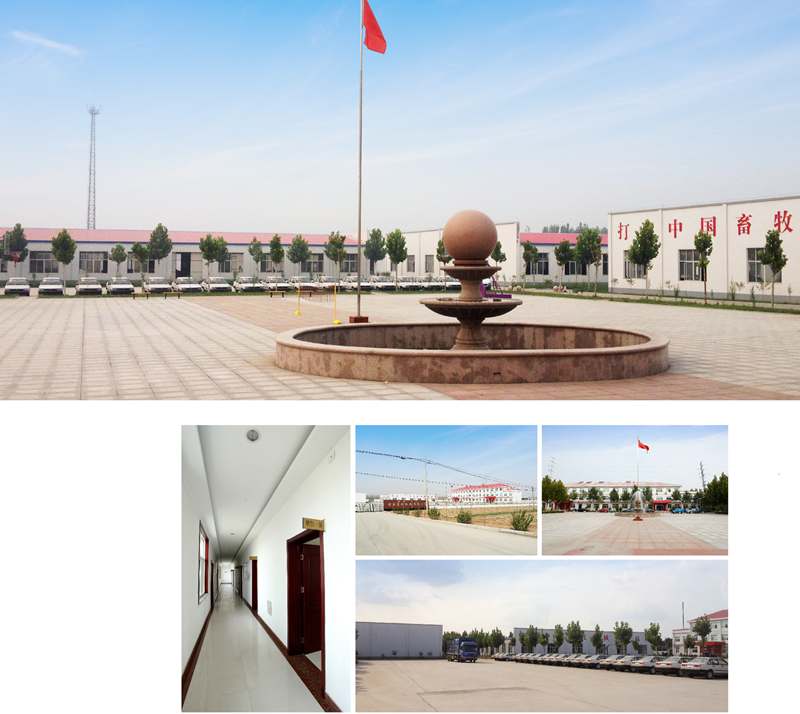
Shandong Huimin Qinle Livestock Machinery Co., Ltd. (formerly Shandong Huimin Qinle Livestock Machinery Factory) is a professional poultry equipment manufacturer with over 20 years of experience. We offer a comprehensive service package, from design (land and chicken coops), production (equipment and prefabricated steel coops), installation, commissioning, customer training, and after-sales service.
Located in Huimin County, Binzhou City, Shandong Province, China, the company has extensive experience in mechanical processing and manufacturing, as well as livestock machinery production and operation. With fixed assets of RMB 15 million, the company employs 160 people, including 30 R&D staff, and occupies a 40,000-square-meter factory. Equipped with over 110 pieces of advanced precision production equipment, including CNC machining centers and laser cutting machines, the company boasts a production capacity of RMB 50 million.
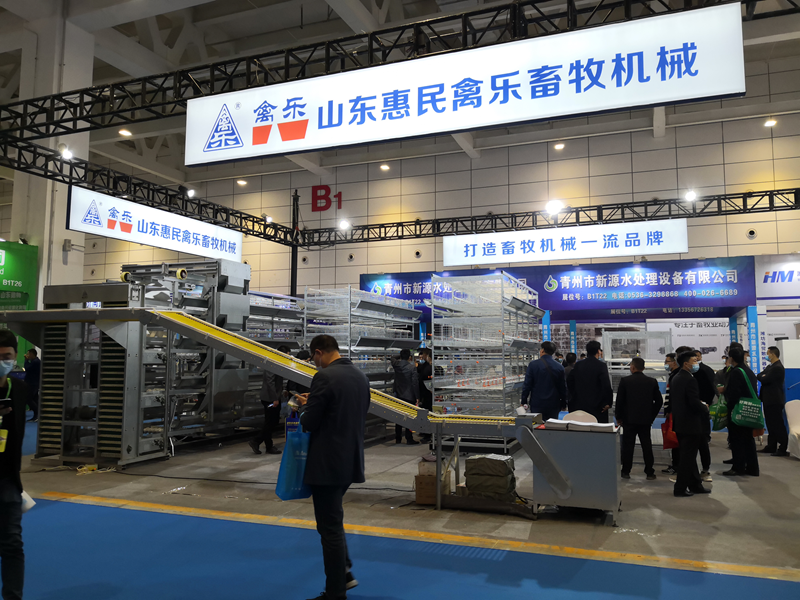
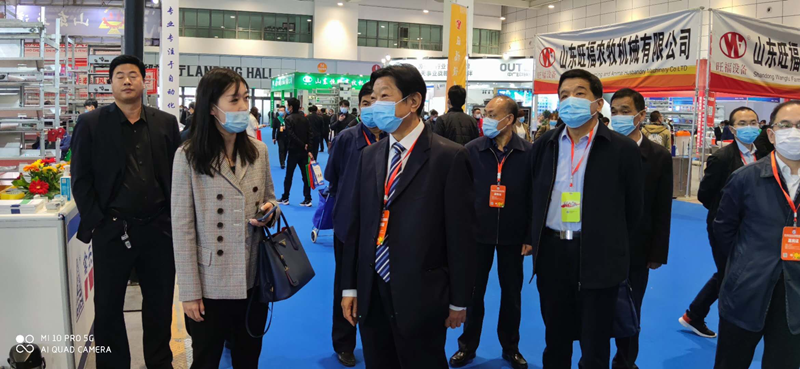
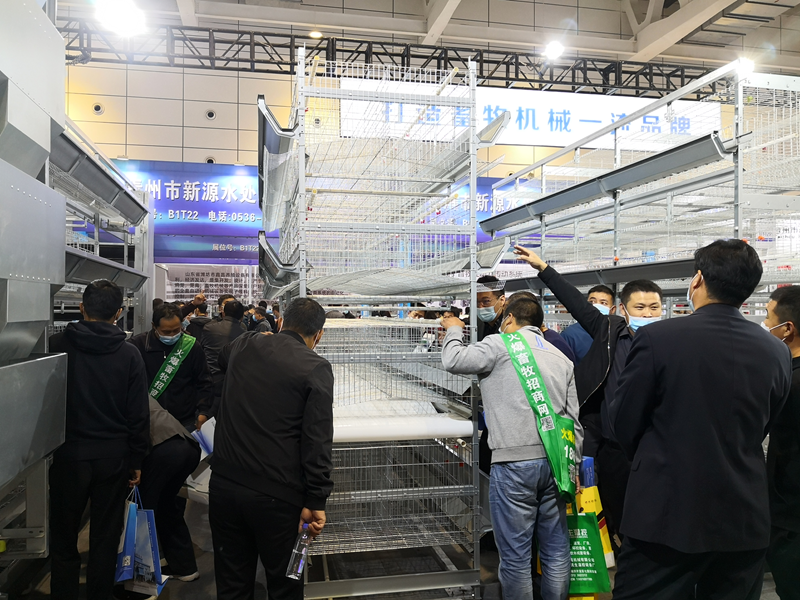
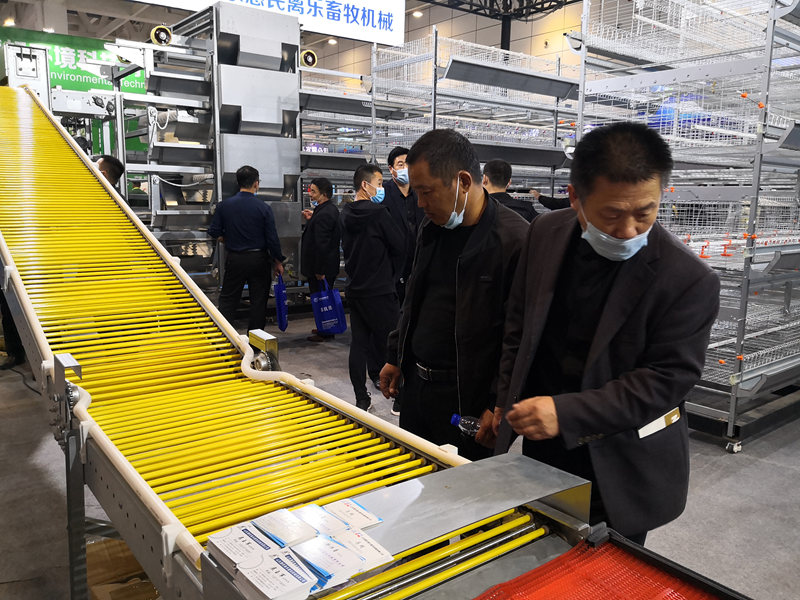
Chicken Farming Equipment Mesh Production Workshop

Machining Workshop
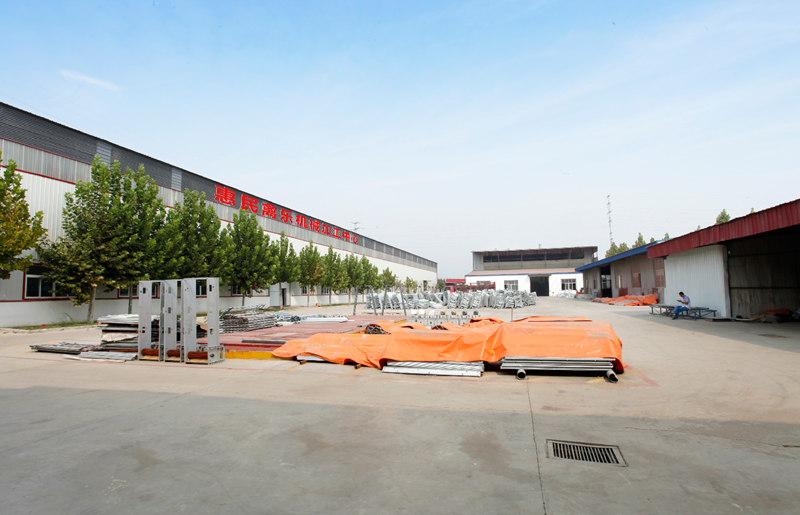
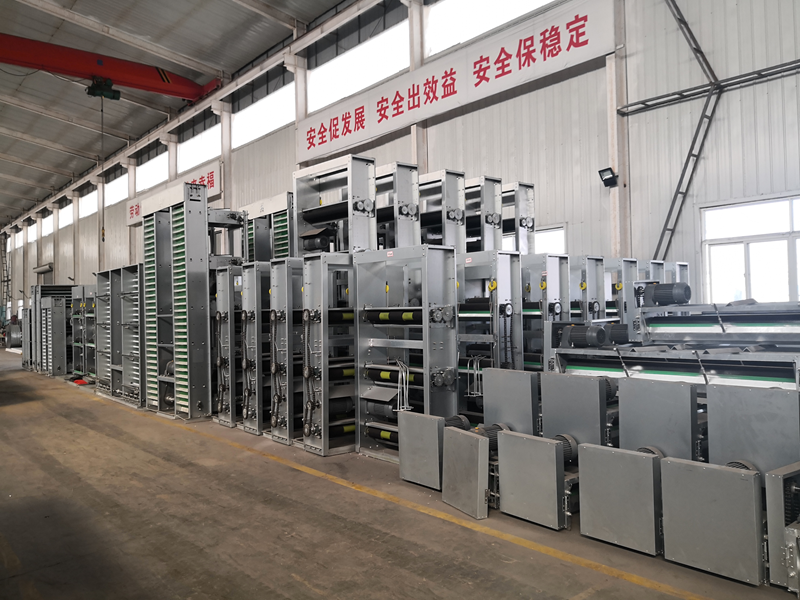
Turret-type CNC Punch Press, Laser Cutting and Other Machining Equipment
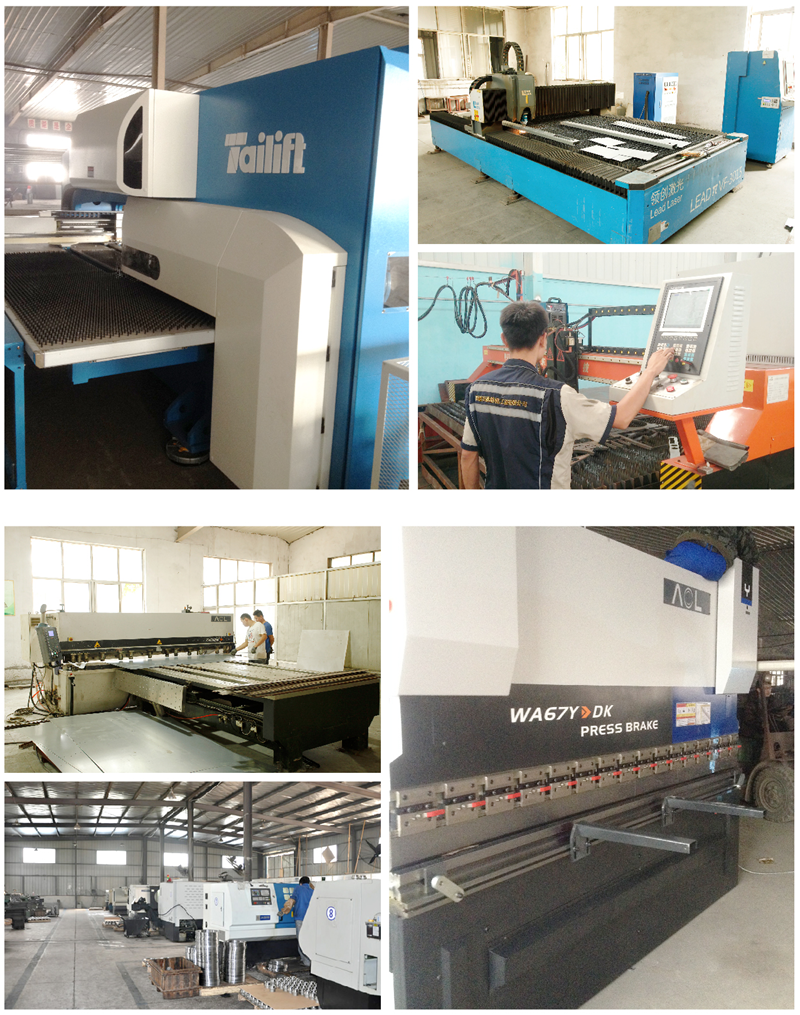
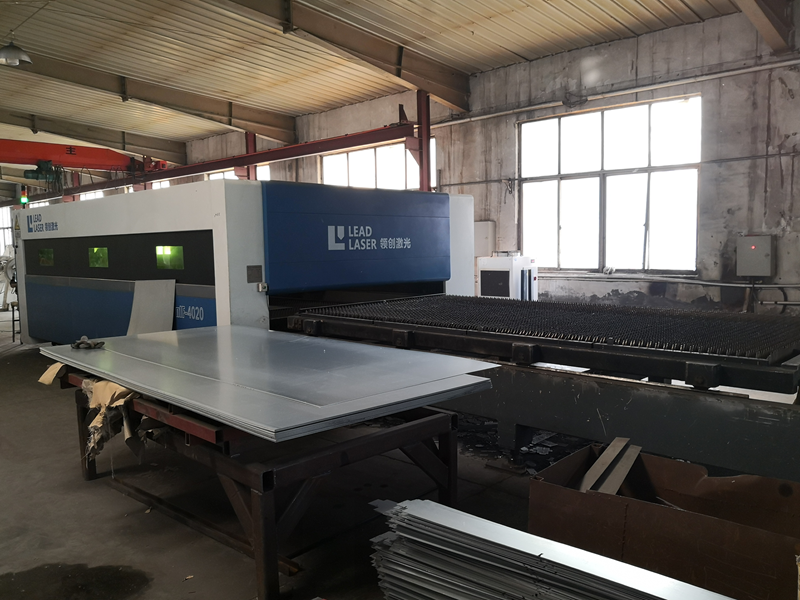

Fully Automated Roll Forming Production Line

Hot-dip Galvanizing Production Line

Electroplating Production Line
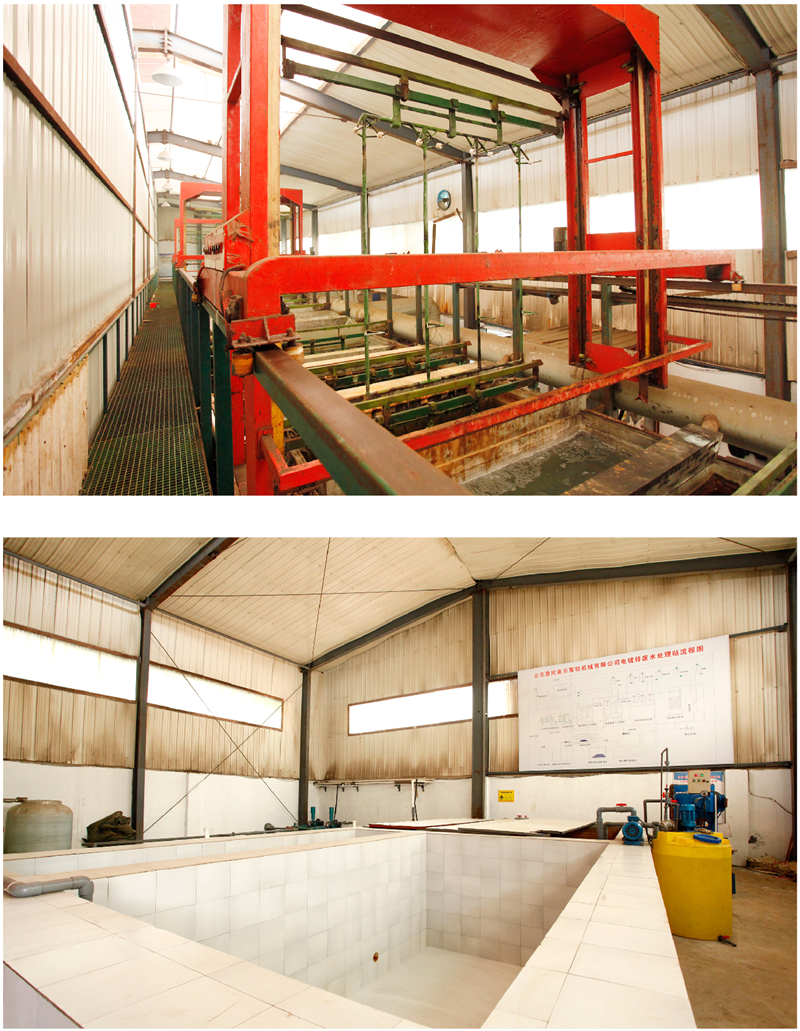
Environmental Protection Equipment
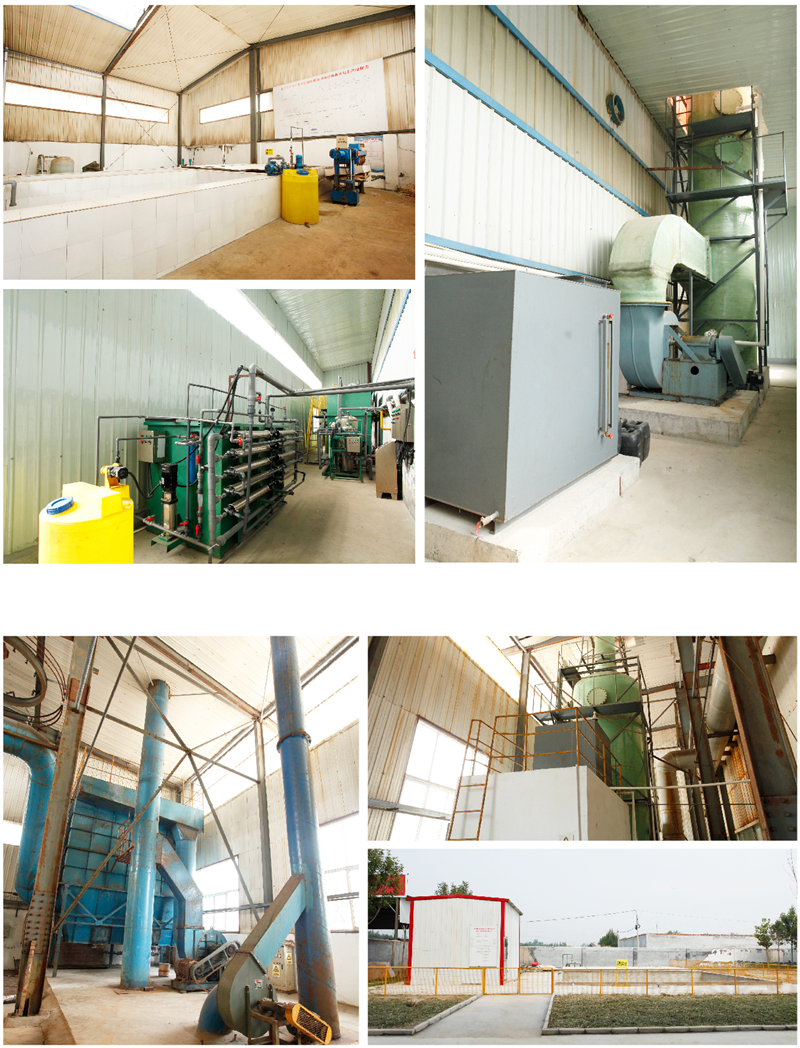
Chicken Farming Equipment Product Series
Egg-laying Hen Farming Equipment
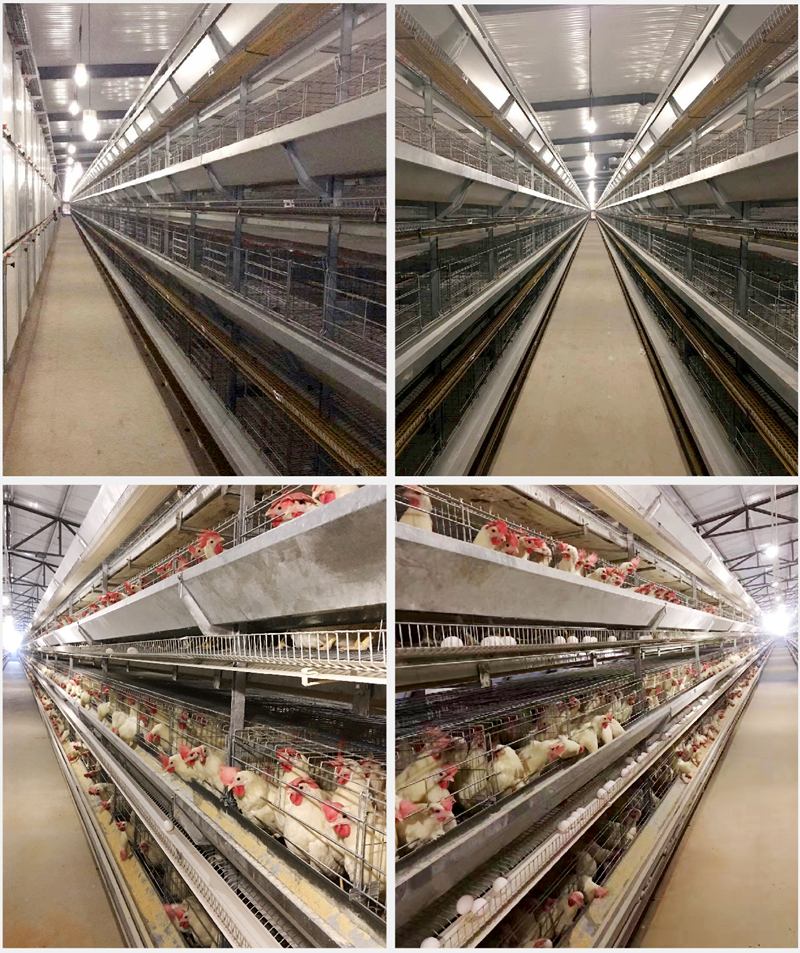
Stacked Brooding Cage Equipment

Stacked Broiler Cage Equipment
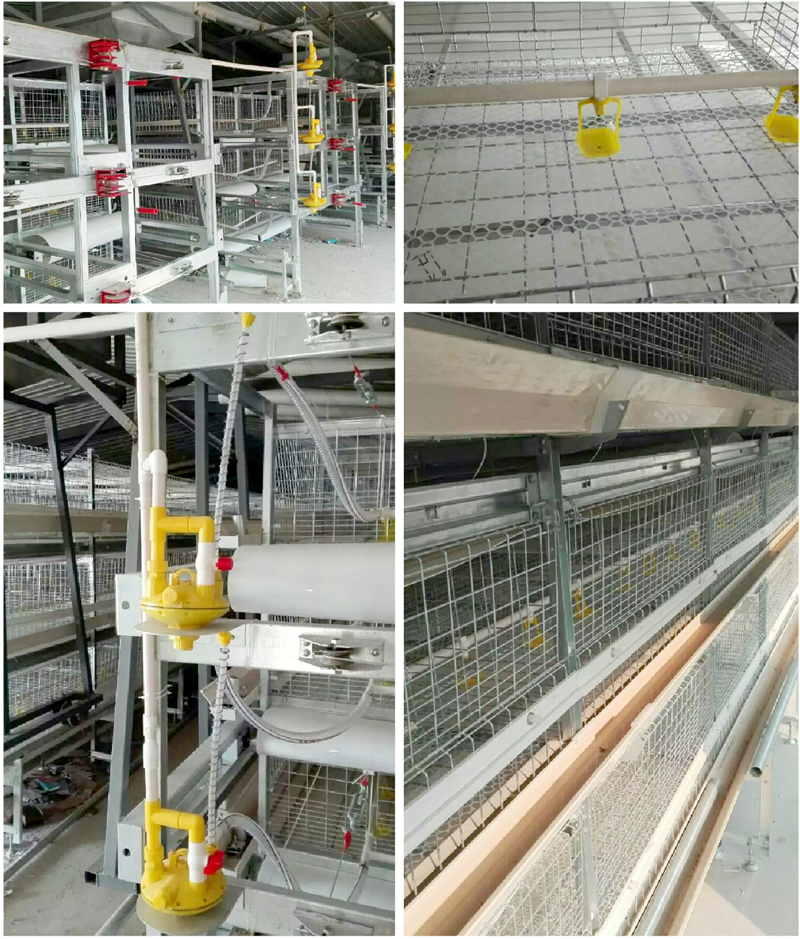
Stepped Layer Hen Cage Rearing Equipment
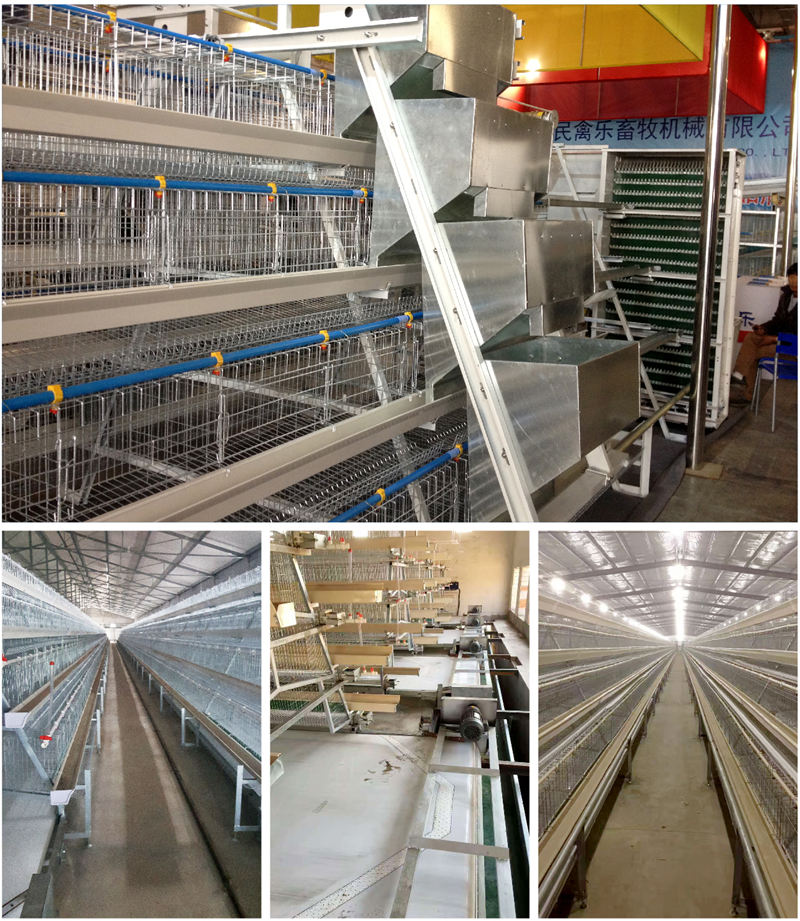
Automatic Egg Collection System
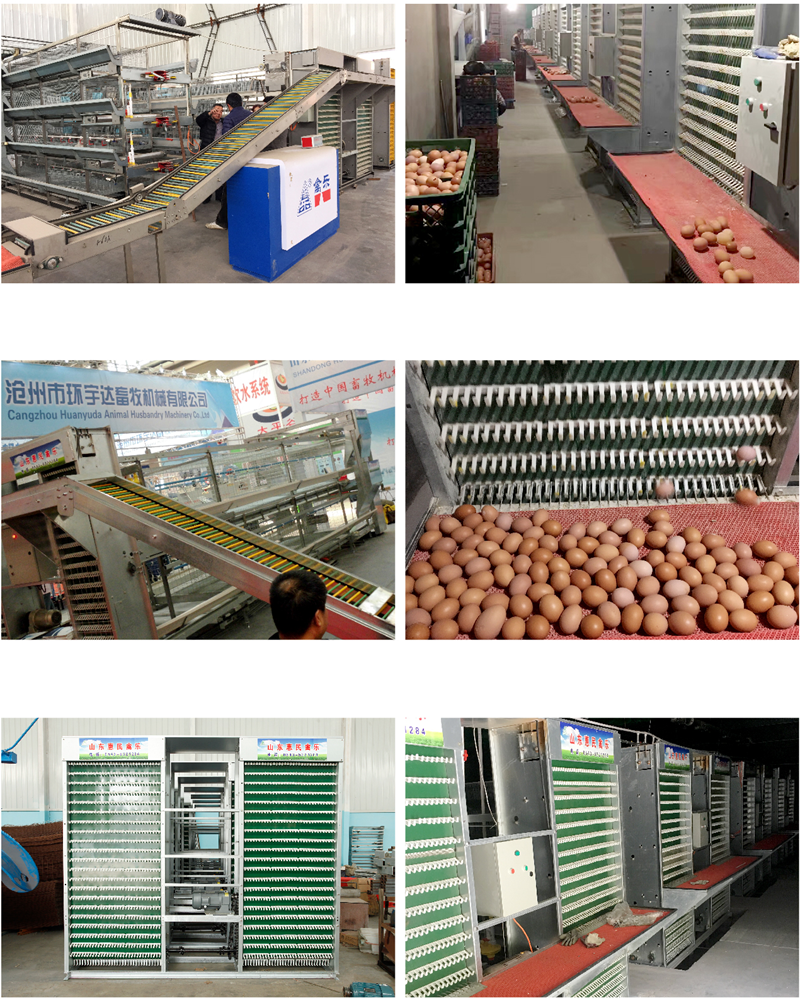
H-type Cage Feeding Machine
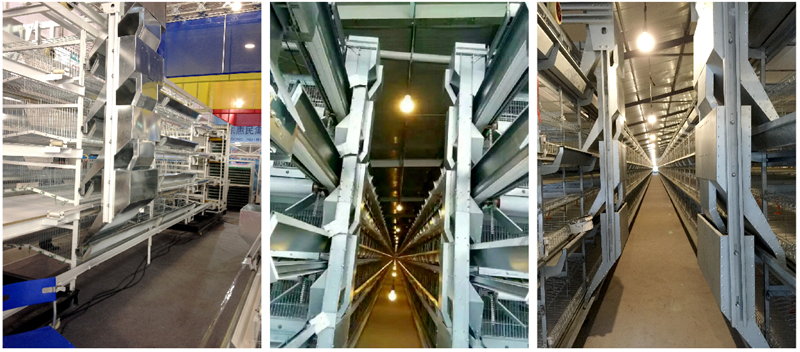
Stepped Cage Straddle Feeder
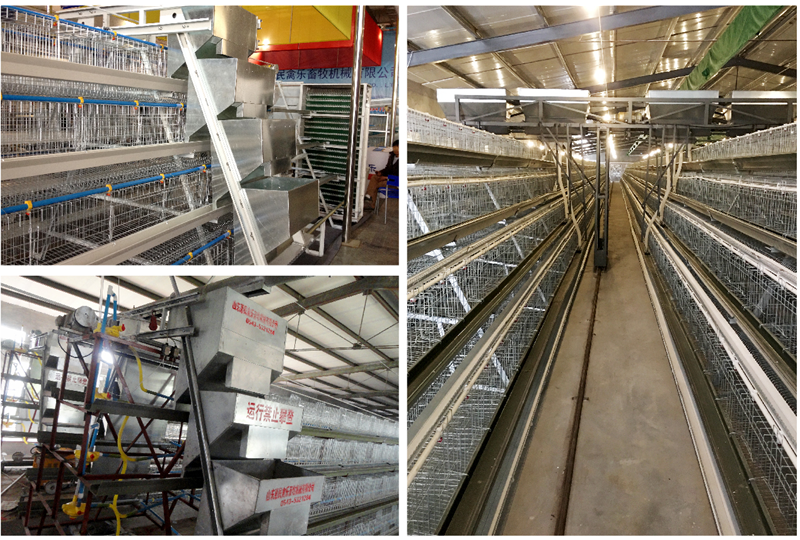
Manure Removal Machine
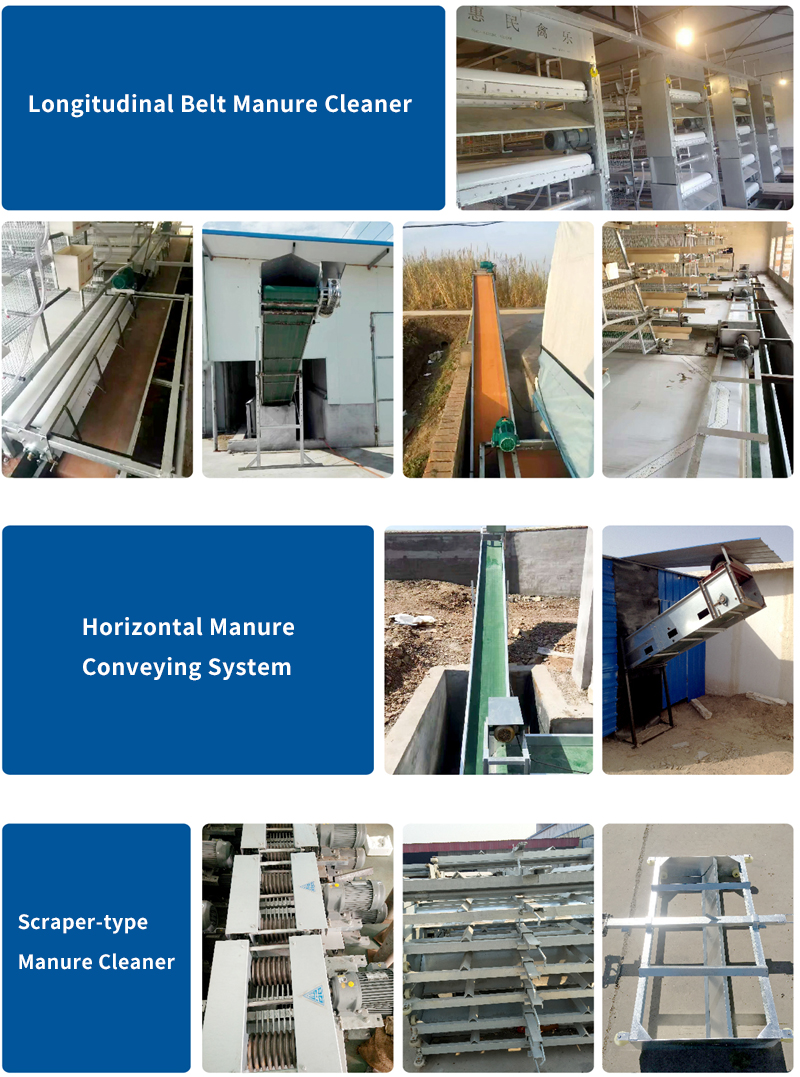
Fans, Heated Curtains, Environmental Control Systems, and Lighting Equipment
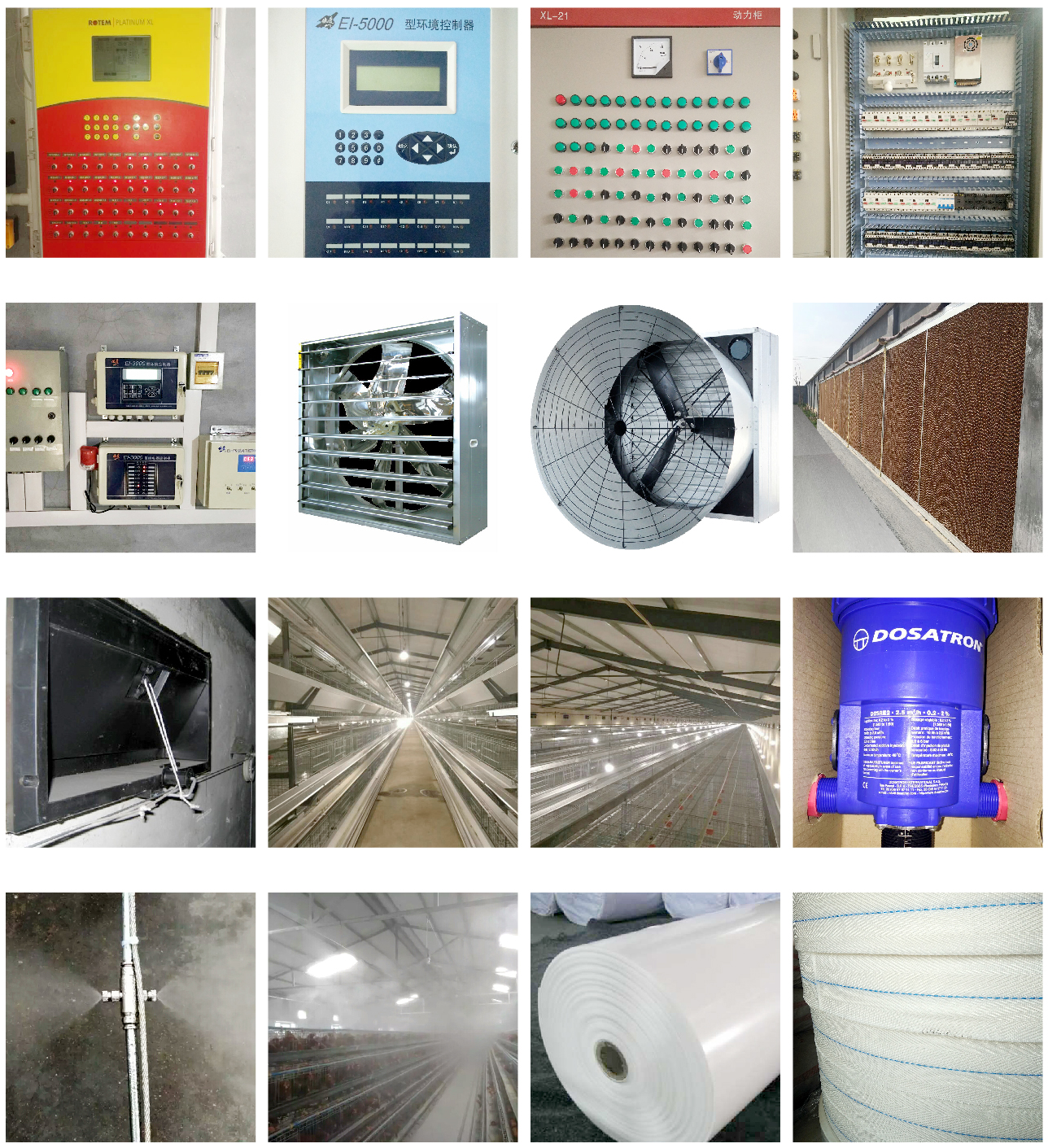
Complete Set of Equipment for Organic Fermentation Treatment of Manure
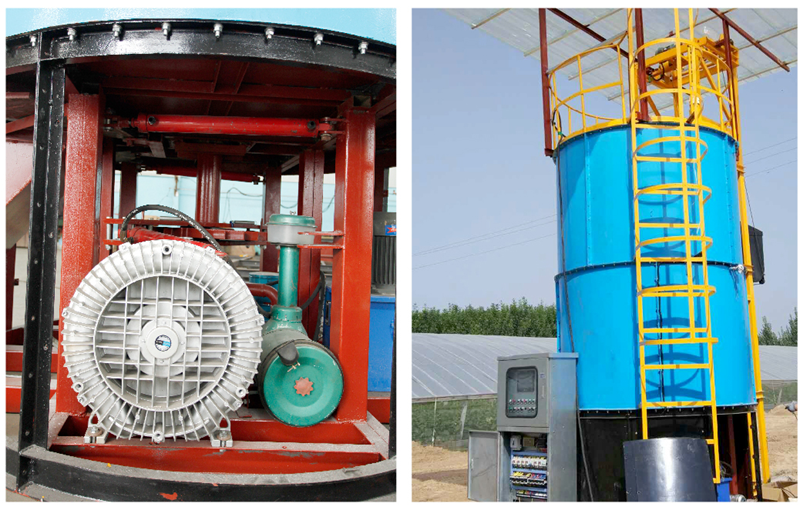

 Catalogue
Catalogue
































 WhatsApp
WhatsApp Phone
Phone